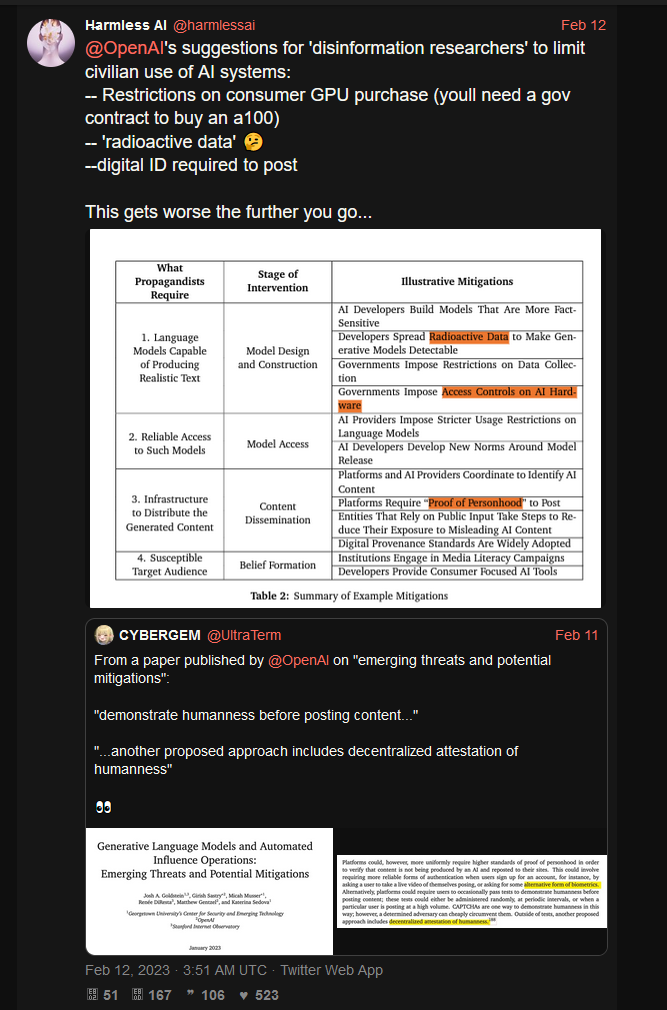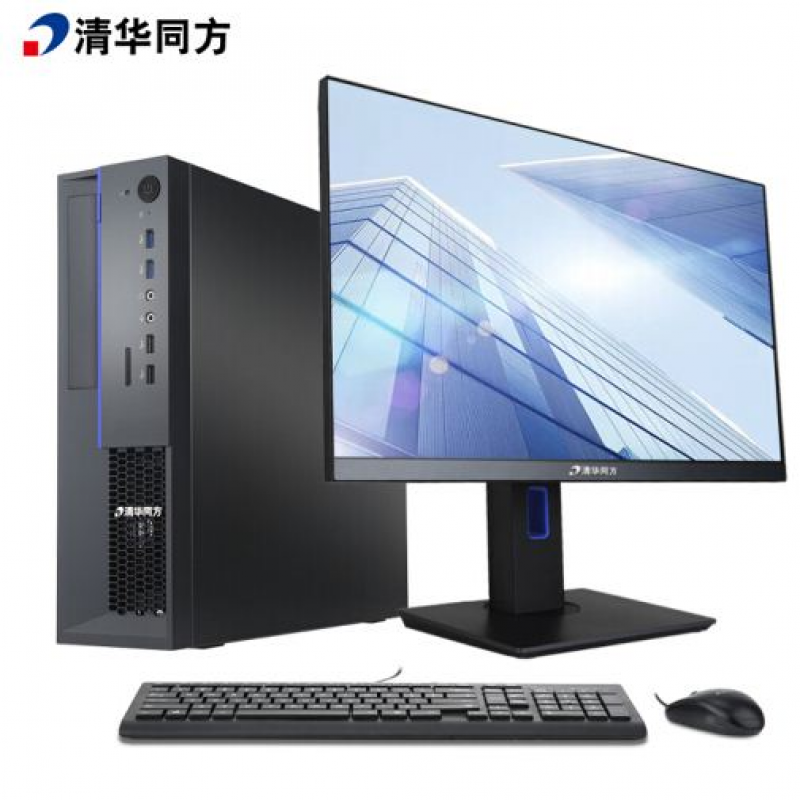
Homepage | Blogpage | About me | Music reviews | Further reading
Published 05/04/23
Sorry for basically abandoning the site for almost six months, I’ve been busy with other things, but also have been working on a few articles at the same time. Two or three more should be coming out in the near future. One of which something that I originally intended to be a video but I’ll probably turn it into an article instead since it seems I’m better at communicating my thoughts through text. Alright, on to the main topic...
It doesn’t take much looking to find that more and more of the news in the mainstream technology space these days is some form of the end users’ freedom (and privacy) being relinquished, as a “feature” that offers instead, ease of use or convenience or lower barrier to entry or safety, etc. Anyone who’s paying any attention is familiar with this line of reasoning. It’s been like this for a long time. From the switch from physical media in the form of CDs or DVDs to streaming services or online marketplaces, to online “cloud computing solutions” like Google Drive replacing storing your own files locally. I could be here all day naming examples, you get the point. However, the rate at which these “evolutions” happen seems to be accelerating, into realms which most never thought possible, areas in which these advances are more and more objectionable.
A specific example would be the announcement of Intel’s new Sapphire Rapids Xeon W processors, A return to the high-end desktop (HEDT) workstation segment which Intel has largely been absent from since the 10980XE in 2019. Seems great, right? Not so fast. These processors feature Intel’s new ‘Intel On Demand’ metered/license activation models. This means that when you buy one of these processors, you will not be able to use the full potential of the product, but instead will have to pay a separate fee (perhaps recurring) in order to unlock the entire processor.

While the argument in favor of this is that the upfront cost of the locked-down part is lower, It’s not hard to imagine why people wouldn’t want to pay extra for something they already own. It’s also not hard to see the trajectory of this development. New technologies always get introduced to the HEDT/enterprise segment first, and later trickle down to the consumer space, until the entire product stack features it, be it multicore, hyperthreading, the “cuck cores” (efficiency cores) present on 12th/13th generation Intel processors, or this. Soon enough, you’ll only own a CPU capable of doing the bare minimum (maybe not even that), and will have to pay a monthly fee, your banking information that you use to pay for this along combined with information about your processor being used to profile and track you. Perhaps your processor’s capabilities will even be remotely throttled if an “unauthorized workload” is detected. What might an example of that be? Anything not expressly approved by the regime. Maybe generation of AI content. OpenAI already outlined “disinformation” mitigations for restricting GPUs.

Oh, and don’t think that AMD will be the savior from this. Regardless of what Reddit and tech-bro YouTube channels say, AMD is not the selfless hero underdog who wants to save gamers from the big evil Intel/Nvidia or whatever. AMD is a profit-driven mega corporation just like any other, and milking customers for money through an X-as-a-service business model is very profitable. Judging from the timeline for the implementation of the Management Engine/Platform Security Processor, it should only take 6-7 years before the only other major vendor in the processor space follows in Intel’s footsteps. It will happen slowly, so people don’t protest. “You don’t have to buy it if you don’t want to!” they’ll say. If you insist, you’ll be labeled as poor, a luddite, etc. We’ve seen this all before. Soon, you won’t own your CPU. Intel or AMD will. The only way out is open source ISAs like RISC-V, which seems to be a promising development, receiving lots of funding from countries like China and India, which are distrustful of the American big tech corporations and want to develop their own in-house processors off of an open standard instead of using foreign technology.
Conservatives have talked a lot recently about the “parallel economy”. The concept of an alternative network of social medias, online marketplaces, domain registrars, and everything else necessary for a functional internet, but with free speech as a priority or some other distinction from whatever the particular instance in question is supposed to be an alternative to. The problem with these alt-tech platforms is that most of them end up just being a worse version of an existing plaform, with the added downside of being an echochamber, separating their users from the rest of the internet, so that nobody else can hear their perspectives. Many of these platforms also appear to be compromised, if you look into who owns them and who funds them.
As we move towards a multi-polar world order, the real alternative parallel economy appears to be coming from outside the West. Particularly countries like China and Russia are cutting off their reliance on technology originating from the Western Judeo-American order, and instead creating their own from the ground up. Just look at the THTF TZ561-V3, a computer developed for Chinese government use which features a ZhaoXin processor and NeoKylin Linux-based operating system.

China is banning use of Western computers in government operations, and while this computer may not be particularly powerful or much of a good deal price-for-performance-wise now, future evolutions of it may be a good way to use a computer without an Intel Management Engine or AMD Plaform Security Processor built-in chip sending all the user’s data to the NSA, or an operating system like Microsoft Windows which Russian lawyers tried to get banned from Russia since it's basically spyware. You could also look at Yandex, a Russian sort-of Google equivalent internet company which is developing its own mail service, cloud storage, translator, browser, and more.
It’s already a good option for finding information currently being censored by Western search engines. VK, a Russian Facebook analogue, is another notable example.
Western media makes a big deal about “Chinese spyware” and “Russian hackers” but it’s important to realize that, as a citizen of a Western country, China or Russia collecting data about you should be far less of a concern than your own country collecting data about you. If you’re an American, what can the Chinese government do to you? Of course, ideally nobody would spy on you but it’s the nature of the modern internet that data collection is pretty much unavoidable. Not to say that we shouldn’t make an effort to prevent it, but that’s just how it is. The far bigger concern, however, are Western governments which can actually do something with the data they collect about you.

Just like Chinese or Russian corporations collude with their respective governments, so do Western corporations. The difference is that the Western government/corporate globohomo is evil and persecutes good people who tell the truth. TikTok should not be banned, since the primary beneficiaries of that would be Alphabet and Meta, not the children. The children who are being brainwashed with degeneracy will just find it somewhere else, and the one platform that isn’t controlled by the Western elite will cease to be an outlet for dissent to disseminate.
The unfortunate circumstance, however, is that the Western governments decide which companies are allowed to do business under their jurisdiction. This makes it likely that alternative technology from non-Western countries will be fighting an uphill battle, just as domestic alternative technologies are. Even as dissenters, people who reject the regime-approved narrative are relegated to the slums of the internet, constantly being banned and silenced, I have faith that the truth will find a way, and people speaking it will find a way to spread their message, through the power of free and open source software, tried and true technologies like the BitTorrent protocol, newer developments like cryptocurrency or artificial intelligence, or something else altogether, perhaps something more archaic. Remember that technology is not all evil, it’s just a tool that can be harnessed for bad or for good. Which will you choose?

Made with love by gray
Have questions? Comments? Suggestions for my website? Contact me at gdp770@proton.me